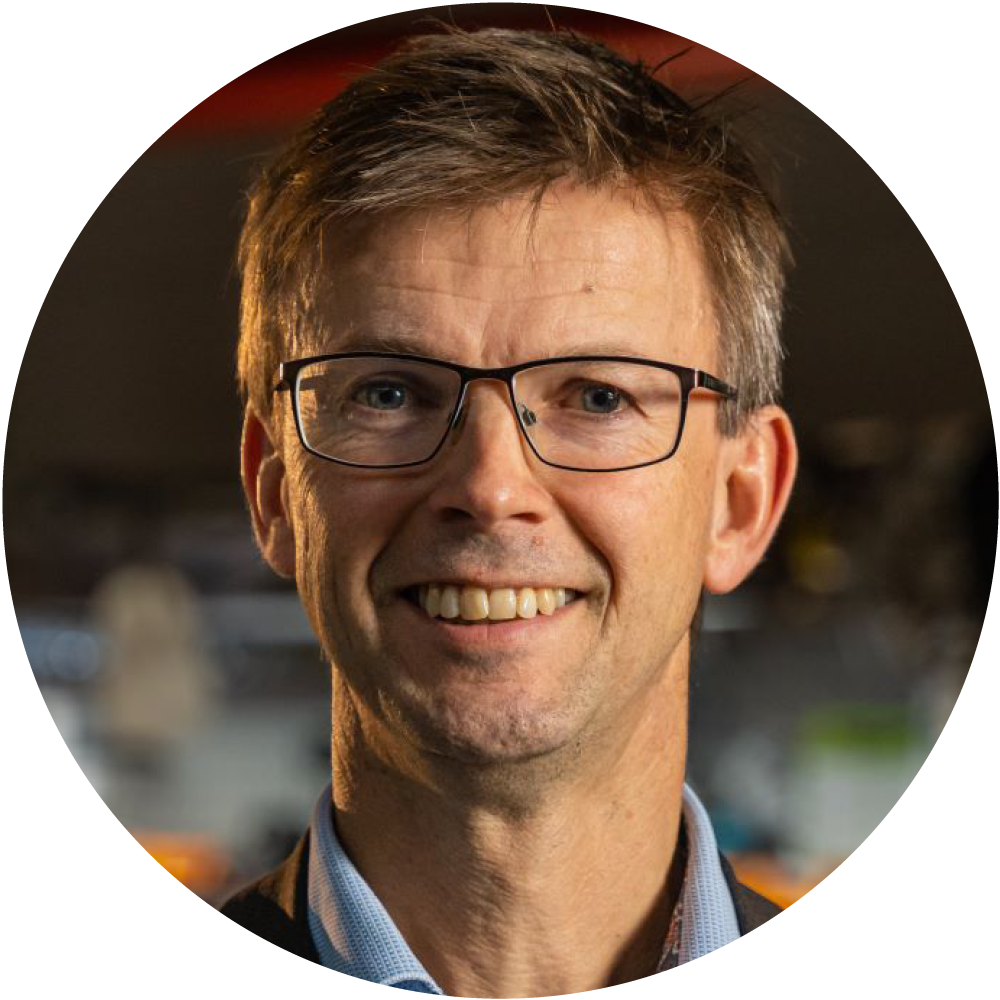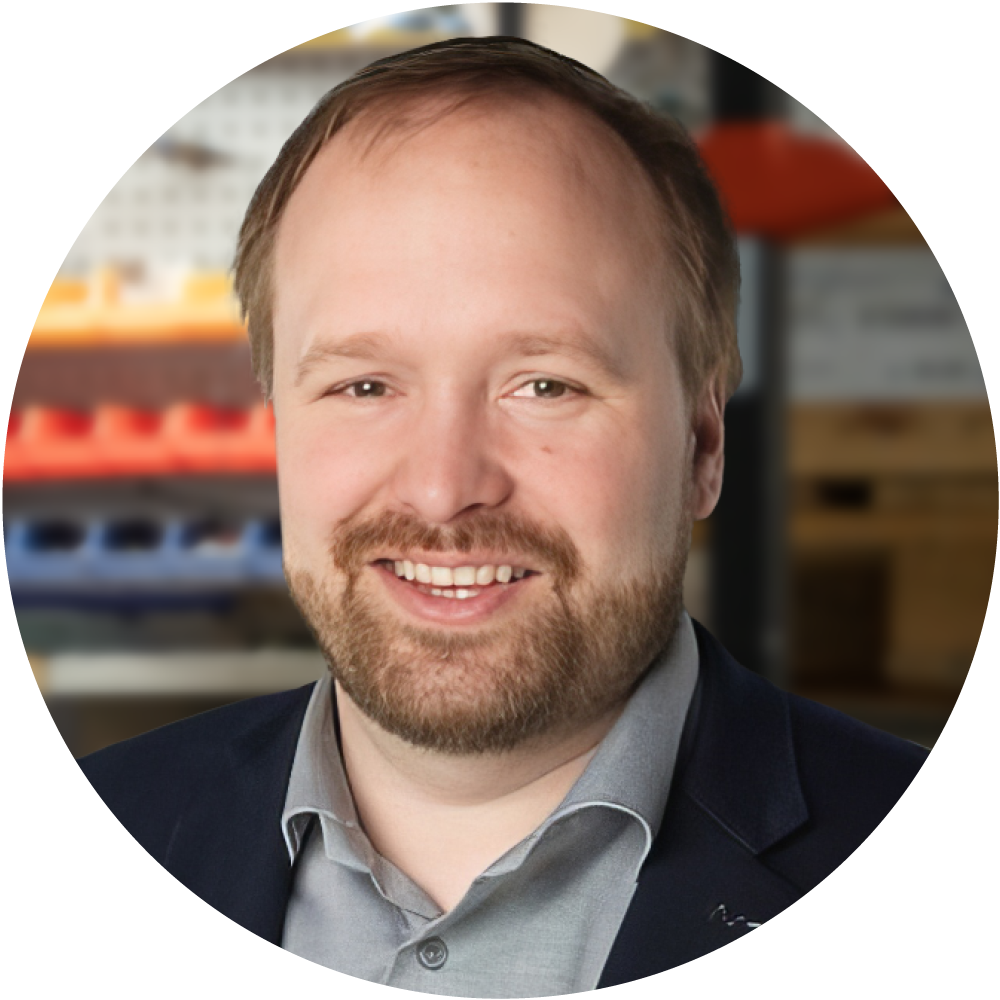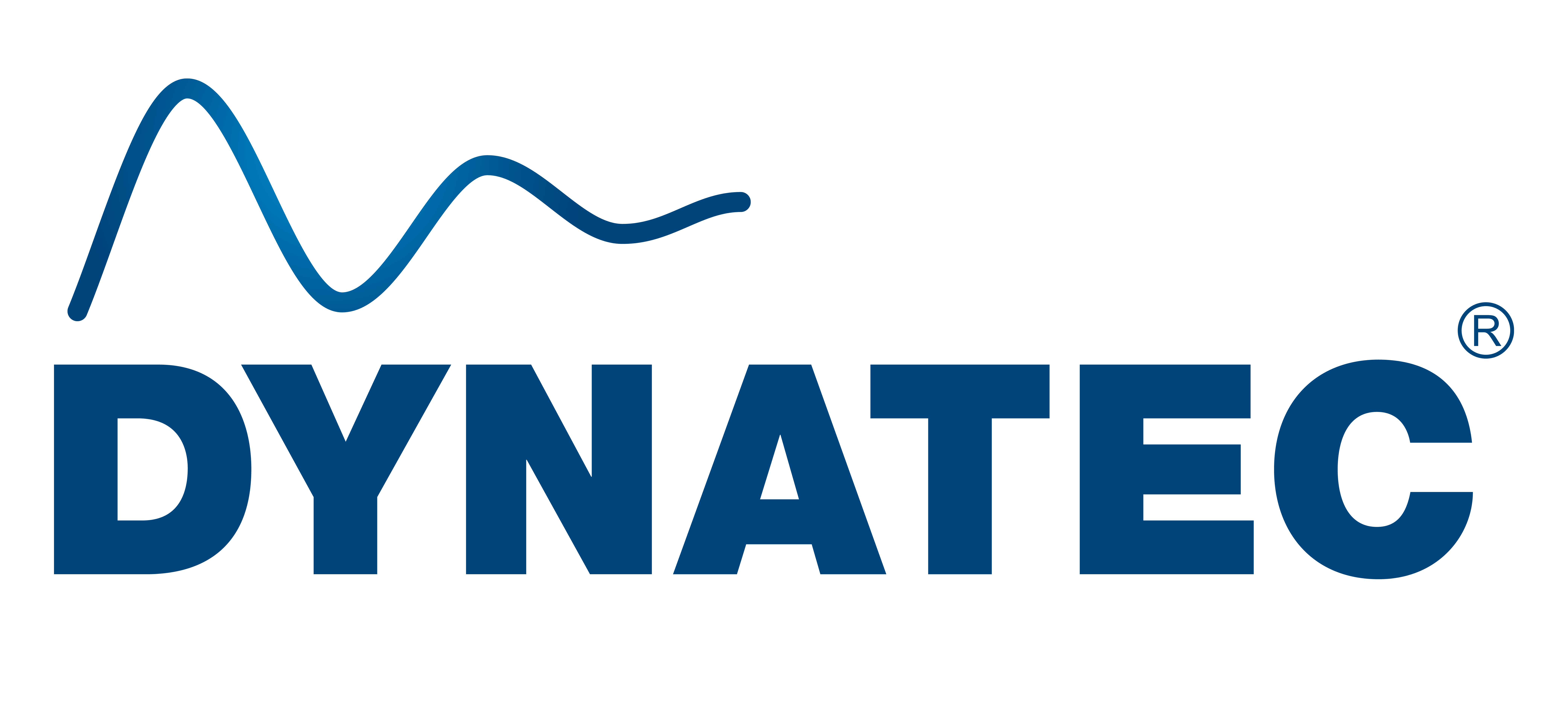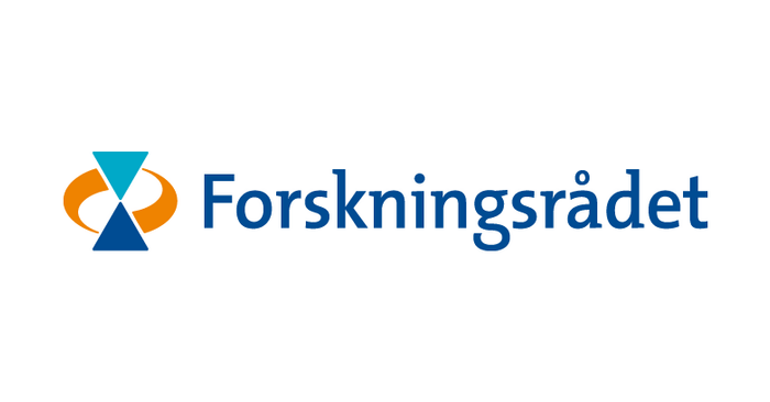About
Cenate develops and produces silicon based nano composite for the use in lithium-ion batteries
Record high energy density and efficient, climate friendly production
Cenate has developed world leading and patent pending silicon-based materials to replace graphite in lithium-ion batteries, mainly for the rapidly growing EV battery market.
Our nano-fenced silicon composite materials significantly increase energy density and nearly eliminates the carbon emissions from production compared to conventional anode materials. With one kg of our anode materials, you can replace 4-6 kg of graphite.
Building on Norway’s strong silicon industry competence, being a spin-off company from Dynatec (Norwegian equipment producer, with co-founders from REC and IFE (Norwegian Inst. for Energy Technology).
The company is collaborating with some of the world’s leading battery producers and builds on Norway’s long silicon industrial competence as well as the Dynatec network with its 200 employees.
This extraordinarily large gain gain is mainly attributed to the fact that each kilogram of Cenate’s
material replaces 4-6 kilograms of graphite
Dr. Erik Sauar
Chief Executive Officer
YOUR KEY TO A SMALLER, LIGHTER AND CLEANER LITHIUM-ION BATTERY
Silicon anodes are advanced products. Our new anode materials represent a new and critical platform material for this market and can be tailored to your needs.
OUR HISTORY
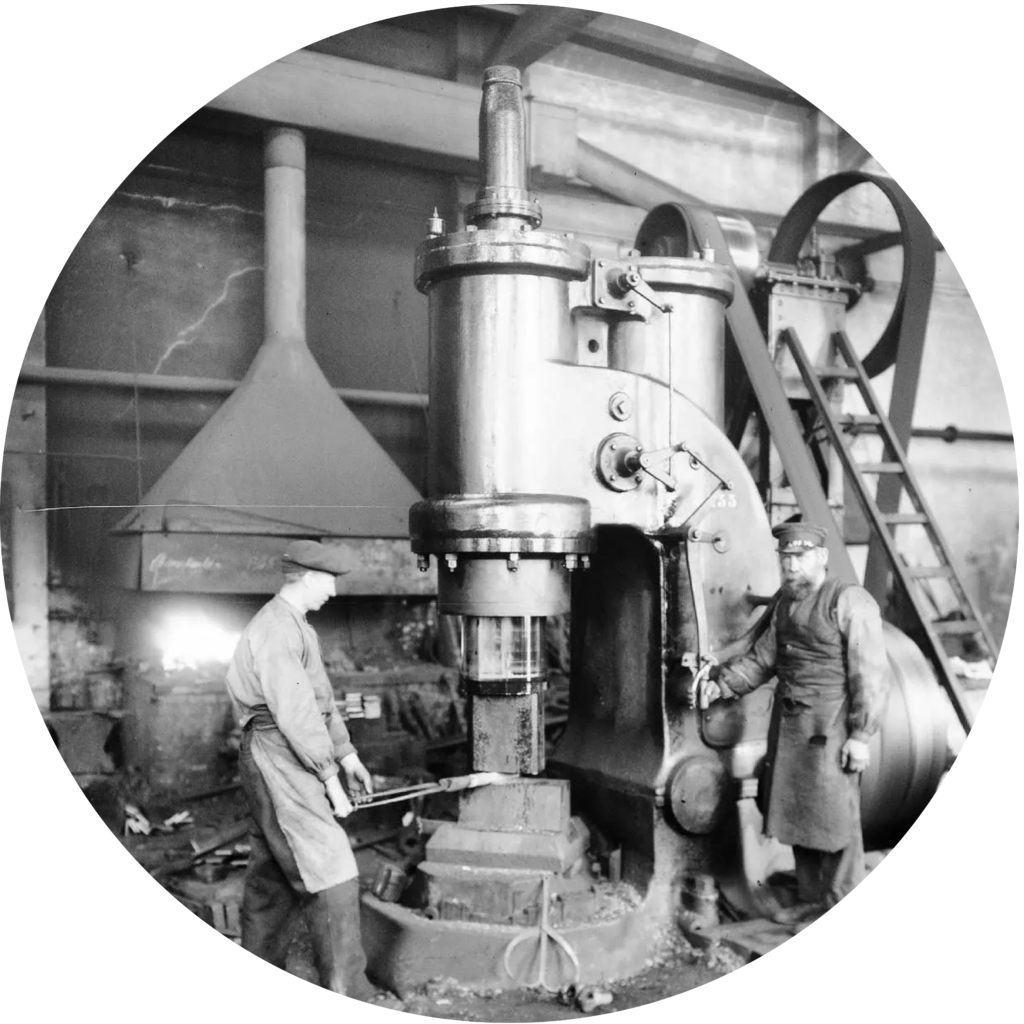
Starting in 1904 with Sam Eyde and Elkem’s establishment of hydro power-driven industrial silicon production, Norway has remained a global stronghold in this field. This legacy also laid the foundation for the country’s world-leading silicon-based solar industry. Cenate stems directly from this industrial expertise. Unlike many competitors emerging from academic research, we take manufacturability and scalability into account as a key criterion already when we decide on early-stage experiments in our product development lab and pilot plant.
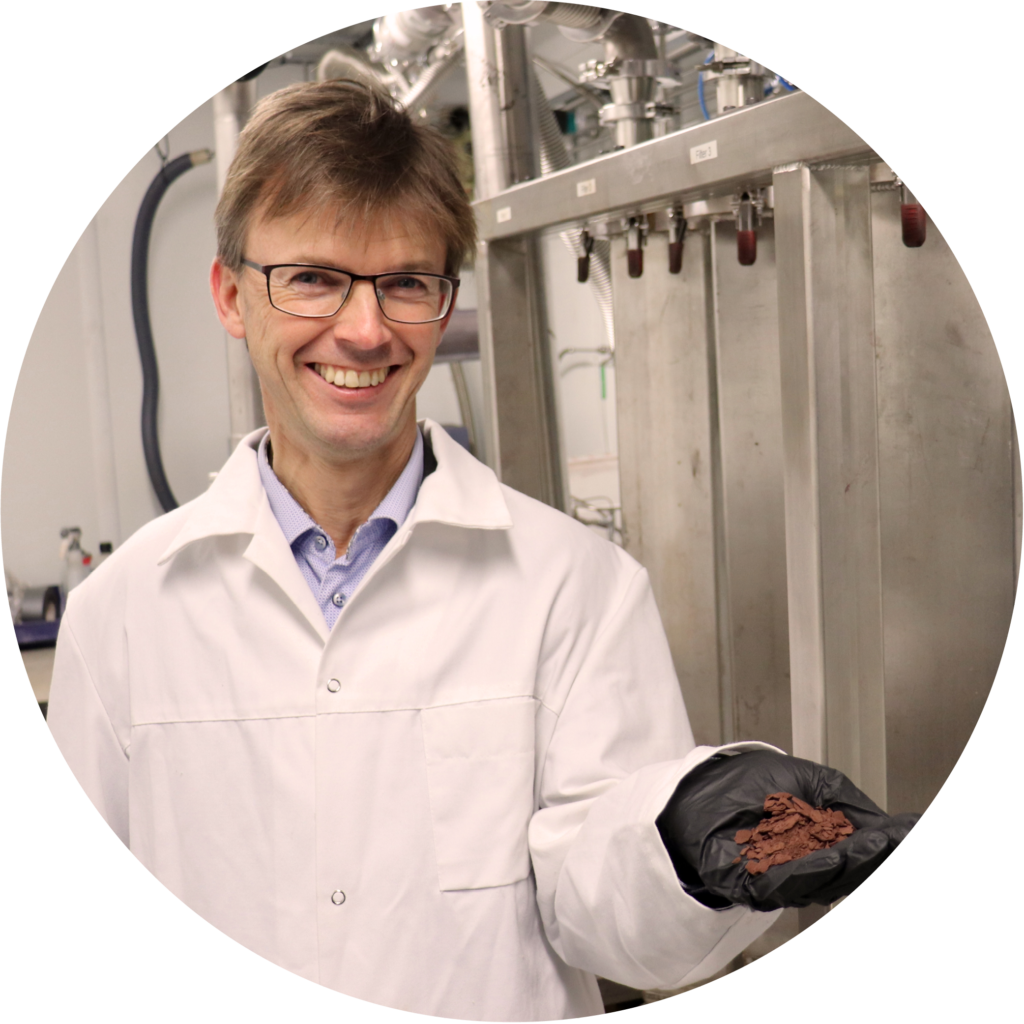
Cenate has since 2016 spent more than 30 MUSD to develop our novel and proprietary anode materials and production processes. This work has been a continuation of silicon anode research at the Norwegian Institute of Energy Technology (IFE) starting in 2010 combined with Dynatec’s equipment development for PV silicon since 2010. The very first anode materials were produced in 2015, and in 2017 Cenate was established as a spin-off company together with ex-REC co-founder and CTO, Erik Sauar as well as Martin Kirkengen, the former head of battery research at IFE. Since 2020, a series of new reactors have been developed and constructed. Encouraging results from these smaller reactors, led to the financing and building (completed 2022) of a full-scale pilot plant that shall have 100 tons yearly capacity – equivalent to roughly 1 000 MWh/yr. Scale-up of processes are being finalized in parallel with customer qualification processes.] Through these years, Cenate has focused its research on industrially scalable solutions and worked closely with some of the world’s largest battery cell manufacturers. The process is based on monosilane which through a proprietary process is formed into a completely new and patent pending class of silicon based nano composite materials.
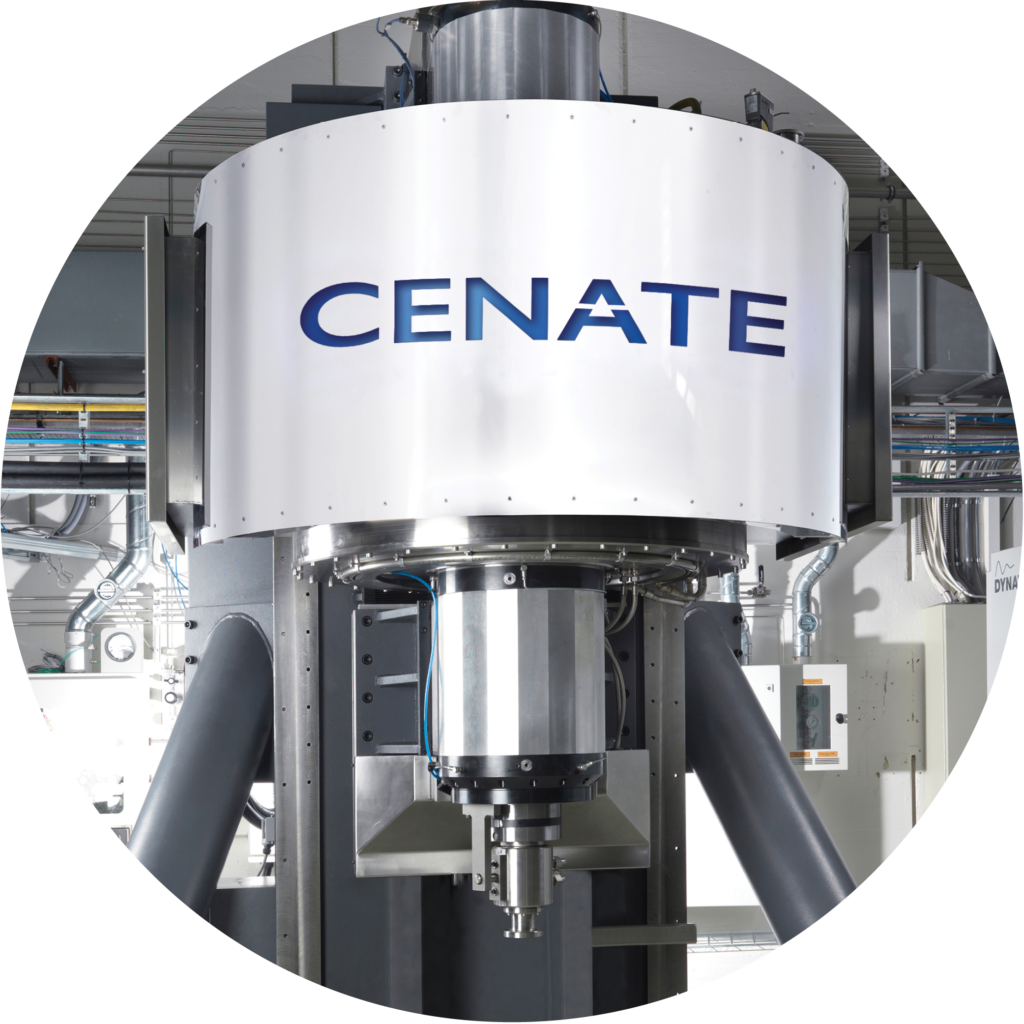
This new material system has demonstrated durability sufficient for EVs, and it’s very high first cycle efficiency also means that record high energy densities can be reached while at the same time the battery production costs can be reduced. Cenate has in December 2020 taken on financially and industrially strong owners and board members in order to prepare for full scale industrialization and rapid international growth. These include Fred Olsen, Vianode (Elkem, Altor, Hydro), Nysnø (the Norwegian Sovereign climate investment vehicle) and Must Invest. Preparations for a first commercial production in Norway has now commenced in parallel with plans for a first full scale commercial production in US.
CENATE PILOT PLANT
In Norway, at Holtskogen (a mere 45-minute drive from Oslo), Cenate boasts its pilot plant dedicated to the production of battery anode materials. The state-of-the-art full-scale facility will have an annual capacity of 100 metric tons, translating to approximately 1,000 MWh/year. Funded on the heels of strong results from a smaller reactor, the plant construction was completed in 2022.
Presently, its primary functions encompass the production of materials for customer qualification processes, research and development, and the crucial task of scaling processes akin to those in a large-scale factory.
MANAGEMENT
Management team with extensive industry and scale-up experience
